- Toronto +1 (416) 633-5921
- Burlington +1 (905) 581-4015
- Ottawa +1 (613) 731-6224
Choosing the right residential windows for your home is a pivotal decision that can significantly impact both its aesthetic appeal and energy efficiency. With a wide array of options available in the market, understanding what suits your unique needs is essential. As we look towards 2025, advancements in window technology and design offer exciting possibilities for homeowners seeking to enhance comfort and sustainability.
In this exploration of residential windows, we will delve into the various types available, including vinyl, wood, and fiberglass, and discuss the benefits and drawbacks of each. Additionally, we'll consider factors such as climate compatibility, maintenance needs, and energy efficiency ratings. With increased awareness surrounding environmental impact and utility costs, selecting the best residential windows has never been more crucial. This guide will serve to equip homeowners with the knowledge needed to make informed decisions, ensuring that their choice not only elevates their home's aesthetic but also contributes to long-term savings and sustainability.
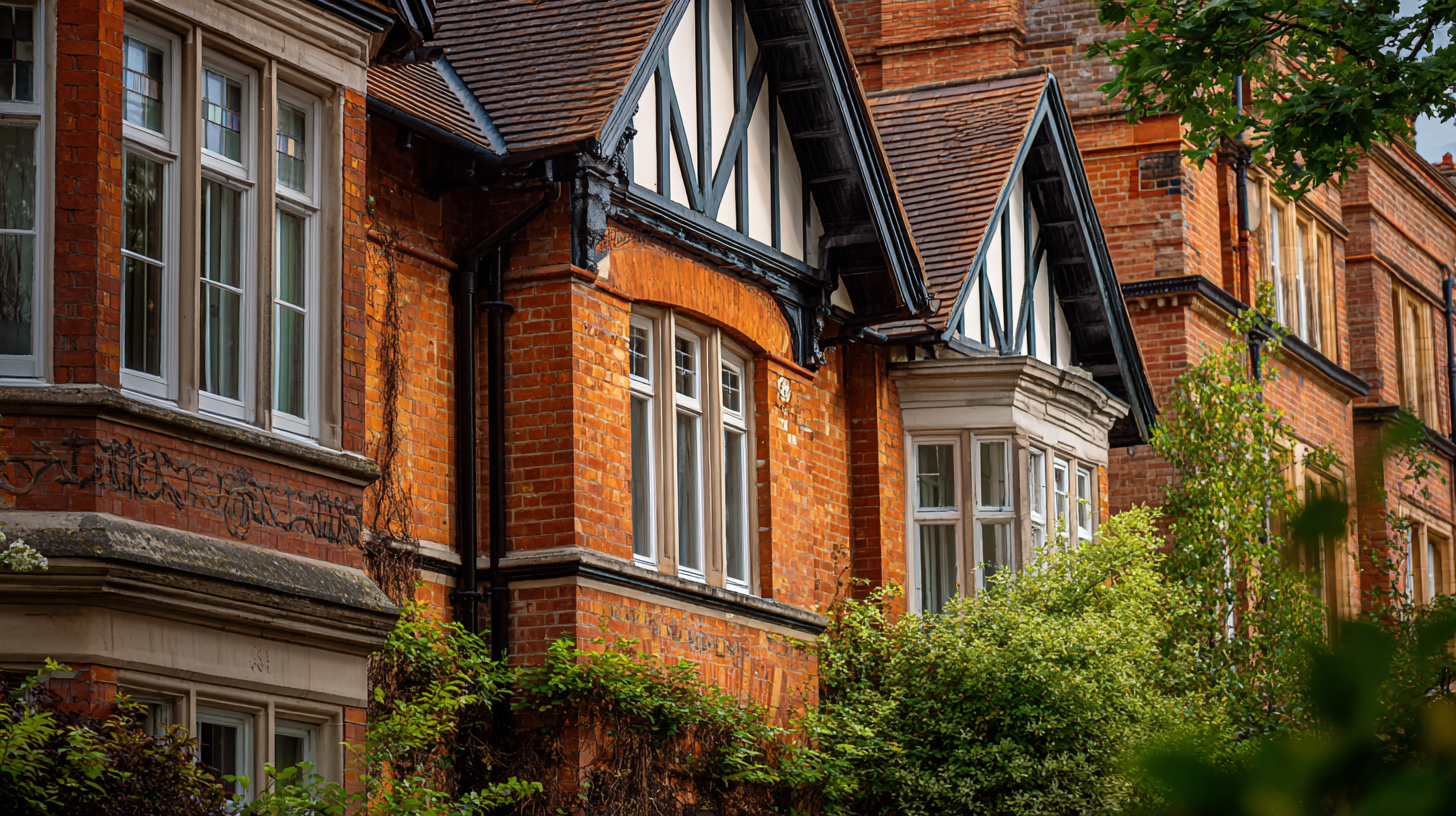
When selecting residential windows, understanding the different materials available is crucial for optimal home performance. Vinyl windows are popular due to their low maintenance and excellent insulation properties. They can effectively reduce energy costs by minimizing heat transfer, making them a great choice for both cold and warm climates. Additionally, vinyl frames do not require painting and are resistant to fading, providing a long-lasting aesthetic appeal.
On the other hand, wood windows offer a timeless beauty and superior insulation, enhancing a home's character. However, they require regular maintenance to prevent rot and damage from moisture. Aluminum windows are another option, known for their durability and strength, albeit with less insulation compared to vinyl and wood. They are ideal for modern designs and can be finished in various colors, making them versatile.
Ultimately, the choice of window material depends on the homeowner's specific needs, climate considerations, and aesthetic preferences.
When considering residential windows, energy efficiency is a critical factor that significantly impacts heating and cooling costs. Different window types can either retain heat during colder months or keep your home cool in the summer. For example, double-glazed windows, which consist of two panes of glass with a gas-filled space between them, provide excellent insulation, reducing the demand for heating and air conditioning. This insulation quality can lower your energy bills substantially over time.
Tips: When selecting windows, look for those with low-E (low emissivity) coatings that reflect heat back into your home during winter and reflect sunlight during summer. Additionally, choosing windows with a high Energy Star rating can ensure you are investing in products designed for optimal energy performance.
Furthermore, consider the frame materials. Vinyl frames typically offer better insulation compared to aluminum, which can transfer heat more easily. Ensuring that your windows are well-sealed and properly installed is also essential. Poor installation can lead to air leaks, undermining the energy efficiency benefits that your windows provide.
When selecting residential windows, aesthetic appeal plays a crucial role in enhancing the overall design of your home. The right windows not only improve functionality but also significantly contribute to the exterior and interior appearance. For traditional homes, windows with grids, arches, and classic frames can add character and charm, maintaining the historical essence of the architecture. In contrast, contemporary designs might benefit from sleek, minimalist styles that emphasize clean lines and expansive glass panels, allowing for maximum natural light and a modern feel.
Moreover, the color and material of the windows should harmonize with the existing elements of your home. Wooden frames exude warmth and sophistication, while vinyl or aluminum options can provide a more durable and low-maintenance alternative. Consideration of the window style, such as casement, double-hung, or picture windows, will also influence the design flow. By thoughtfully choosing windows that reflect your home's architectural style, you create a cohesive look that enhances its beauty and value.

When selecting residential windows, maintenance and durability are crucial factors that significantly influence long-term satisfaction. Durable window materials such as vinyl and fiberglass offer excellent resistance to weather extremes, minimizing the need for frequent replacements. In contrast, wood windows may require regular upkeep, including painting and sealing, which can become labor-intensive over time. Homeowners should weigh these factors based on their specific climate and lifestyle to ensure their choice aligns with their maintenance preferences.
**Tips:** To enhance the longevity of your windows, consider investing in high-quality weather stripping. This can help prevent drafts and improve energy efficiency. Additionally, always check and clean your window seals and sills regularly to avoid moisture build-up, which can lead to mold and decay.
Furthermore, choosing windows with low-maintenance features, such as double-hung or casement styles that are easy to operate, can simplify cleaning and upkeep. When deciding on window treatments, opt for materials that resist fading and discoloration to maintain your windows’ aesthetic appeal for many years. Prioritizing durable options will ultimately save you time and costs associated with repairs and replacements in the future.
| Window Type | Maintenance Level | Durability Rating (Years) | Energy Efficiency (U-Value) | Cost Range ($) |
|---|---|---|---|---|
| Vinyl Windows | Low | 20-40 | 0.30 - 0.40 | 200 - 500 |
| Wood Windows | Medium | 30-60 | 0.25 - 0.35 | 300 - 800 |
| Aluminum Windows | Medium to High | 20-30 | 0.40 - 0.50 | 300 - 700 |
| Fiberglass Windows | Low | 30-50 | 0.25 - 0.30 | 500 - 1000 |
| Composite Windows | Medium | 25-45 | 0.30 - 0.40 | 400 - 900 |
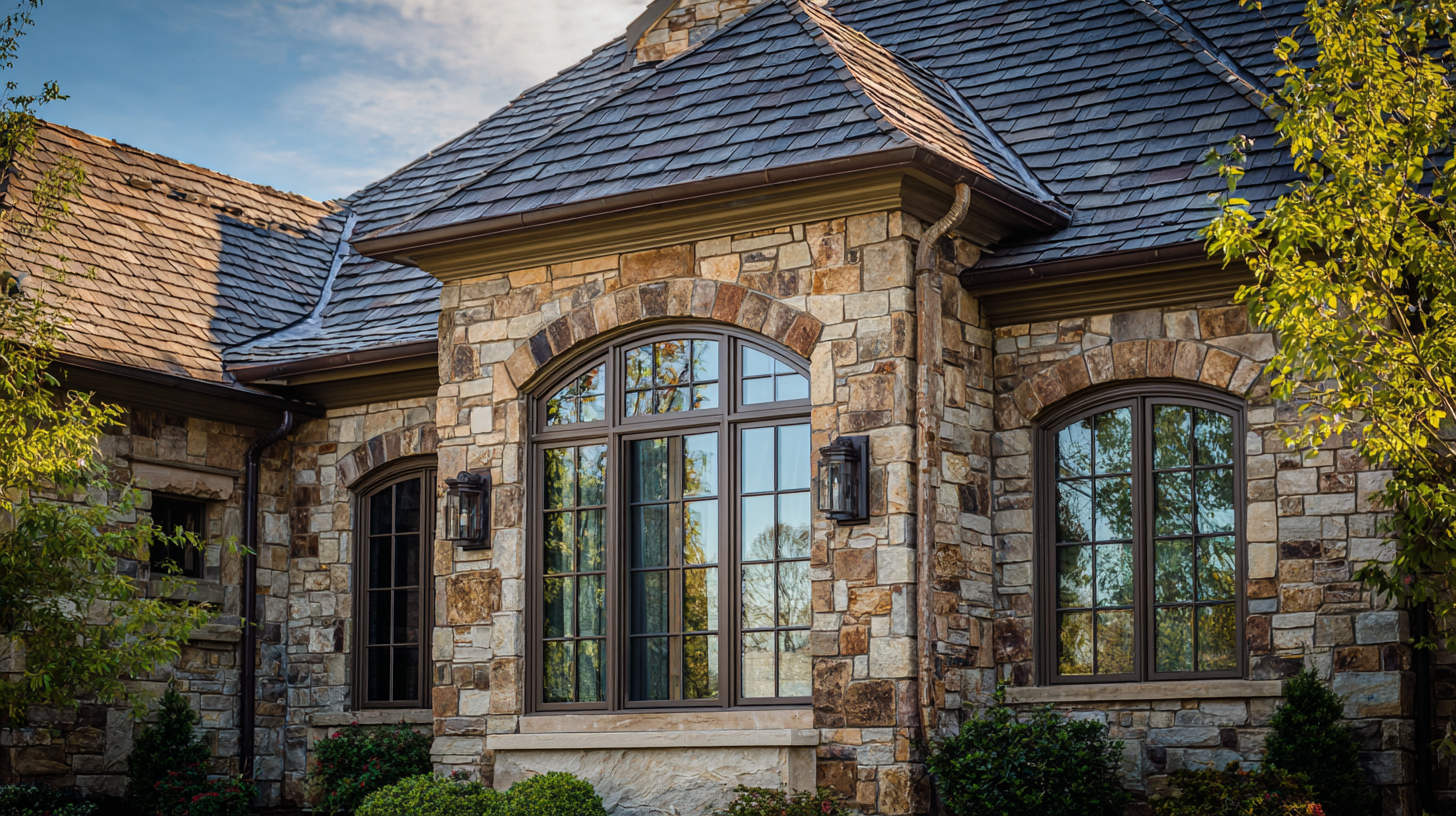 When considering new residential windows, cost-effectiveness is a crucial factor that can significantly influence your decision. Different window types vary greatly in price, and it's essential to analyze not just the initial purchase cost but also long-term savings on energy bills. Vinyl windows, for instance, are often hailed for their affordability and excellent insulation properties, making them a popular choice for budget-conscious homeowners. However, investing in higher-end options like fiberglass or wood-clad windows might offer better durability and aesthetic appeal, which can enhance the overall value of your home.
When considering new residential windows, cost-effectiveness is a crucial factor that can significantly influence your decision. Different window types vary greatly in price, and it's essential to analyze not just the initial purchase cost but also long-term savings on energy bills. Vinyl windows, for instance, are often hailed for their affordability and excellent insulation properties, making them a popular choice for budget-conscious homeowners. However, investing in higher-end options like fiberglass or wood-clad windows might offer better durability and aesthetic appeal, which can enhance the overall value of your home.
It's also vital to consider installation costs, as improper installation can lead to energy loss and costly repairs down the line. Hiring a professional may seem like an additional expense, but it can ensure that your windows perform efficiently, further improving your home's energy efficiency. Additionally, some manufacturers offer warranties that cover potential issues over time, adding another layer of cost-effectiveness. By weighing both upfront costs and long-term benefits, homeowners can make informed decisions that balance quality with budget constraints, ultimately leading to smarter investments in their homes.
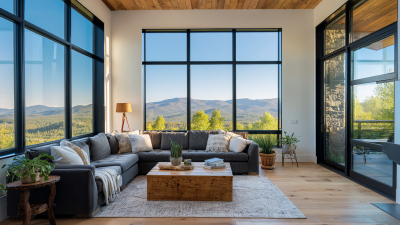
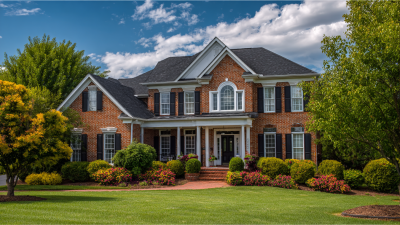
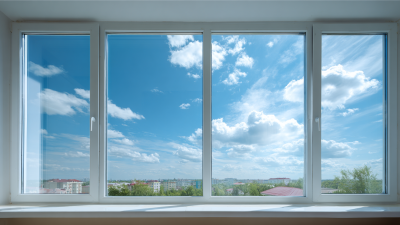

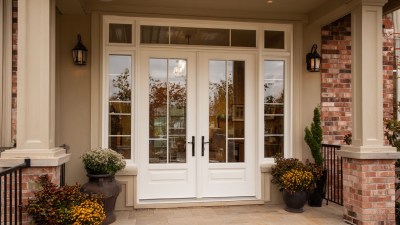
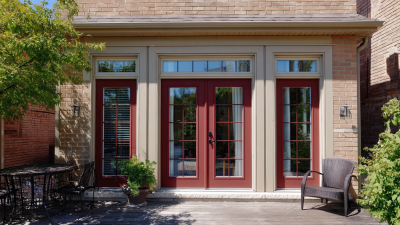
Call us one of our 3 offices across Ontario, Canada
Thanks for contacting us!
We'll get back to you as soon as possible.